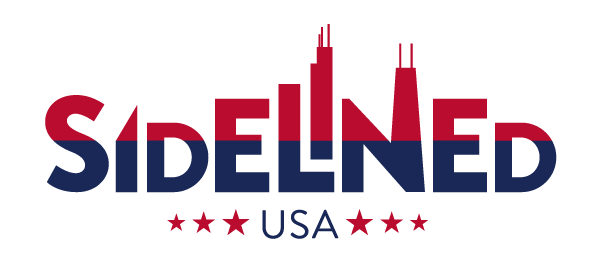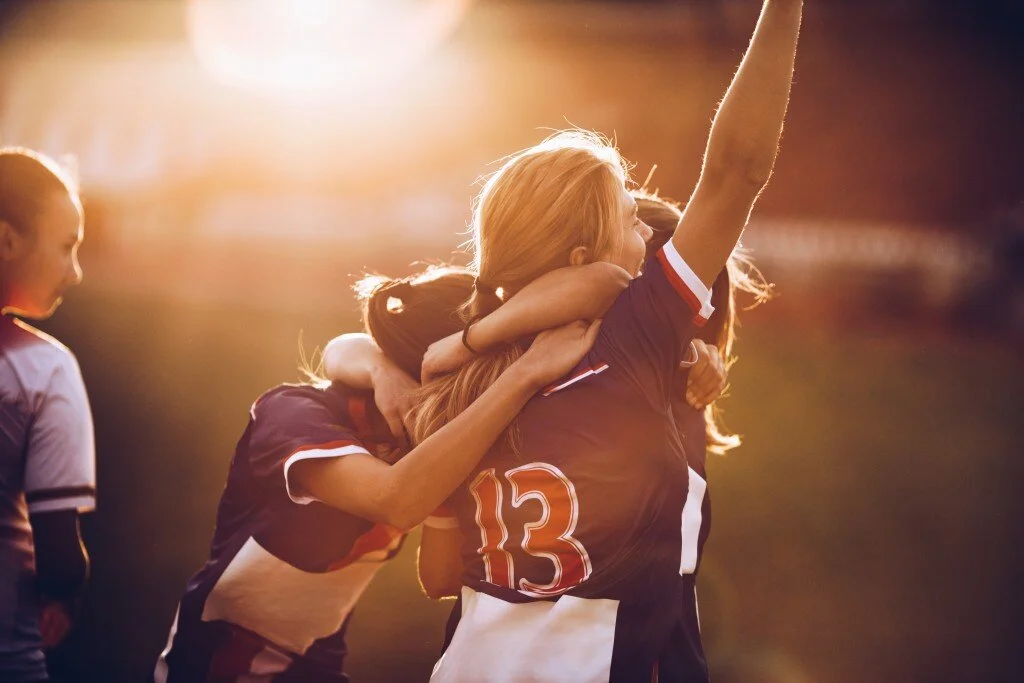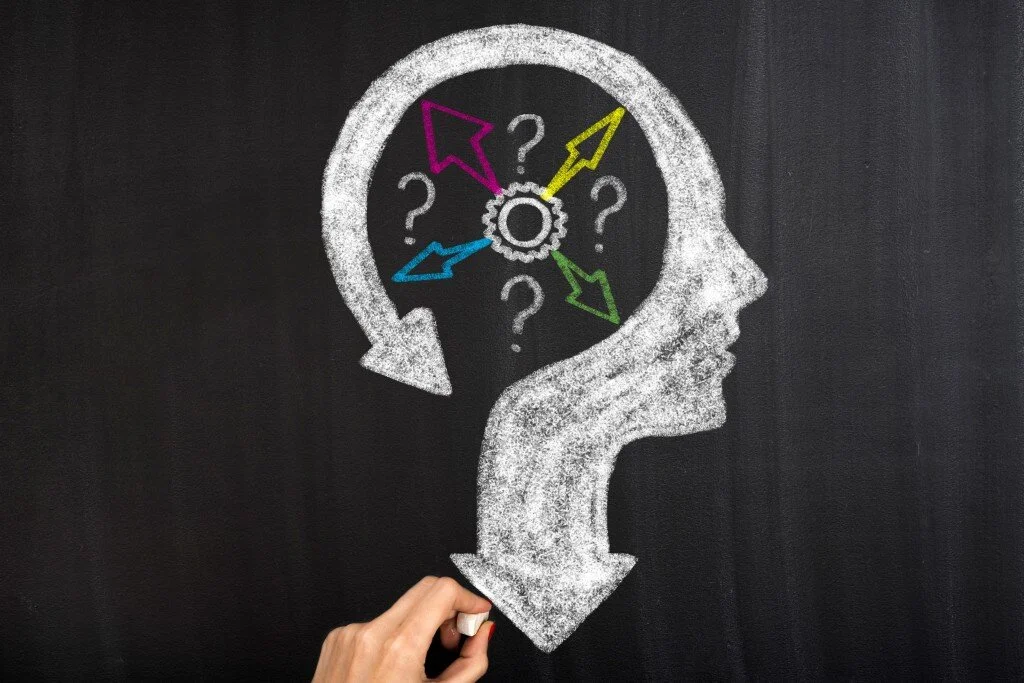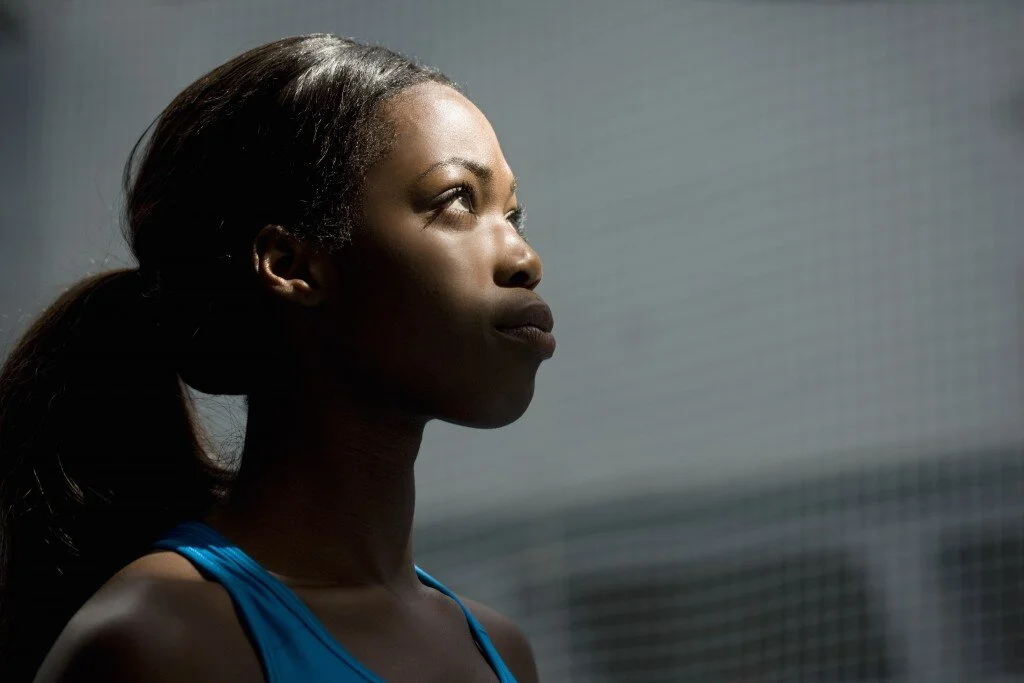The reality of COVID-19 related impact on sports is brutal. “This is going to last far longer than we care to imagine,” they say. We’ve got to get used to a “new norm”, we are advised. Maybe a new norm seems impossible to accept right now, and fear and uncertainty are weighing heavy. Maybe it feels like you’ve been blocked off from one of the most significant parts of yourself. Maybe you are wondering if it’s okay to feel so devastated when many others are suffering far greater losses like losing their jobs and not knowing how to pay their rent or feed their kids. While these are new experiences to the vast majority of all the “sidelined” athletes in the world right now, this is a familiar space for us at Sidelined USA.
Read MoreInsightful articles for helping permanently-sidelined athletes find a meaningful way forward.
“You’re only as good as your last game . . . match . . . race.” Sound familiar?
As a competitor, it is common to tie your athletic identity to your performance in your sport. What can happen though it you aren’t careful is that your performance can become the key indicator of how you measure your worth and subsequently, can greatly impact how happy you are overall in life.
Read MoreIt is normal and healthy to experience a period of sadness following a career-ending injury. Take some time to come to terms with what has happened. It will help you to move forward when you’re ready.
Talk about it. It can be beneficial to express your feelings to someone that you trust.
Identify those people who can provide support and encouragement in coping with your injury.
Read More
As a child, you never expect your biggest dreams to come to an end so suddenly. As an athlete, you hope that you’re able to control your own destiny. Unfortunately, the reality is that for many of us, these hopes and expectations take a U-turn when we’re least expecting it, and force our hand in life a bit earlier than we had planned for.
Grasping the reality of an early end to your athletic career is certainly a tough pill to swallow.
For some it may be all they have ever known and loved.
Read MoreSports do indeed offer valuable life experiences. We learn incredible skills such as persistence, work ethic, and how to set and work towards goals. We push our limits and learn about our own physical and mental strength. We learn how to sacrifice and discipline ourselves as we work through challenges. Ultimately, we experience a deep sense of passion and purpose as we try to attain our highest potential in sport.
Unfortunately, we also realize that in order to succeed in such a competitive world, we need to protect ourselves. So, we start to grow thick skin and a type of protective outer armor.
Read MoreThe room is so very bland. That icky not-quite-beige, not-quite-white color. My heart is racing. Tiny beads of sweat are starting to form on my forehead. I can’t sit still, my legs bouncing in nervous anticipation. The doctor walks in, his face as bland as the walls. I try to make a read on what’s coming next, but can’t. File folder in hand, he sits down.
“Well, it is not good news. Your MRI shows a full thickness tear in your meniscus. I think we can fix it, but it would be my recommendation that you never skate again.”
Wait, what?! What did he just say?
Read MoreReceiving the news of forced sport discontinuation can be devastating to an athlete. The reality of being permanently-sidelined from the sport you love may force you to confront many new challenges you may not have faced before.
This article is here to help break down and assess your situation as a permanently-sidelined athlete and help you find your voice to get the support you need.
Read MoreFor athletes forced to discontinue their sport due to injury or health condition, the mental journey towards acceptance and internal healing can be confusing, complicated, and flat out brutal.
Permanently-sidelined athletes have described their grief as feeling as though a part of them has died. Sports psychologists refer to this as “losing the athletic identity”. One of the hardest parts of processing the loss of ability to compete in sport is feeling like you don’t know who you are without your sport.
Read MoreBeing an athlete is not an easy thing to do. It takes grit, discipline, and the resounding capacity to get back up after being knocked down. These are qualities you can continue to nurture in yourself throughout the healing process. Essentially, the same mindset which made you a great athlete has the power to help you overcome the loss you are experiencing.
Read MoreSometimes difficult transitions can make treating yourself kindly even more challenging. Evaluating emotional responses and internal dialogues while proceeding to implement change can be a tiresome task, as discussed in our previous articles here and here. Despite its potential difficulty, the exercise of evaluating internal dialogues can impact powerful change. Once you have learned to “mind your mind” and create more healthy internal dialogues, you are ready to start rebuilding what was lost.
Read More









